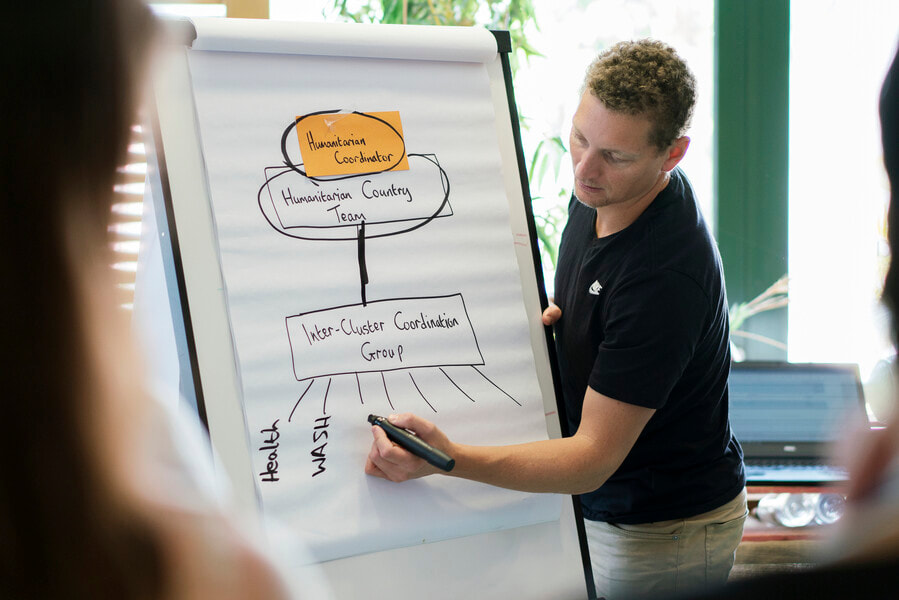
Every training manager has their own unique budget but when it comes to how you use it, the pressures are often the same. Sometimes it can feel like you're being asked to work miracles.
But optimizing financial resources is part of the job, and goes hand in glove with the other two big challenges of our time: delivering consistent quality and reaching everyone that needs to be trained.
Here are some tricks for finding affordable solutions when building your training system:
But optimizing financial resources is part of the job, and goes hand in glove with the other two big challenges of our time: delivering consistent quality and reaching everyone that needs to be trained.
Here are some tricks for finding affordable solutions when building your training system:
- Revisit the overall balance of your delivery formats. There’s no denying it, the most expensive format for delivering training is almost always the onsite approach. So it follows that one of the most clear cut ways to demonstrate you're playing your part in reducing costs is to convert a face-to-face event from your portfolio into a virtual or hybrid training. Maybe you don’t need to bring people to a central location for that refresher activity, or maybe you can run one of your upcoming tabletop exercise using a remote simulation tool and still generate fantastic outcomes. Show your funding partners you are taking this tangible step, and it could buy you negotiating power in your quest to mobilize funding in other areas of your training programme.
- Plan your training calendar 18 months ahead and share it with donors. Training is a highly attractive way for donor organisations, foundations and philanthropists to contribute to the humanitarian or disaster preparedness agenda. From their point of view, it’s tangible, predictable, and offers them great PR value. The fact that you run a sought-after training programme gives you leverage: so use it to the max and create a win win situation. Plan your flagship training events well in advance and send the dates to your donor leads before their next funding cycle to allow them to set aside contributions. Some training managers even choose to sweeten the deal by offering a seat or two on their courses. And don’t forget to invite your donor’s comms team along to gather footage and testimonials!
- Schedule one of your onsite courses in the final two months of your organization’s spending cycle. If you are one department in a large organization, it can be a smart idea to plan at least one of your events to occur in the final two months of your financial year. Check in with your sister departments at the 9 month mark - quite often they are keen to use their unspent budgets before end of year which you can take advantage of.
- Pool resources with another similar organization. How well is your professional network serving you? Maybe there is another training manager facing similar resource challenges and you can share costs by running a joint training, or perhaps offering their trainers experience by working on your courses. In other cases you might explore partnering with a university that is seeking to build in a practical component for its students. Course logistics, human resources, even the time you personally spend planning and implementing your trainings - all of these add up into actual dollars. The more you can share the load, the more financially efficient your training system becomes.
- Make connections with civil protection or military training venues. Many governmental institutions have an interest in cooperating with humanitarian or emergency response actors, and some even have a budget line attached to it. Use your contacts to make enquiries whether a civil or military training centre is able to host your courses or offer practical resources in the form of accommodation, transport, catering, role players, equipment or even tents. Often these come at a fraction of the cost when compared to commercials providers or hotel venues.



 RSS Feed
RSS Feed